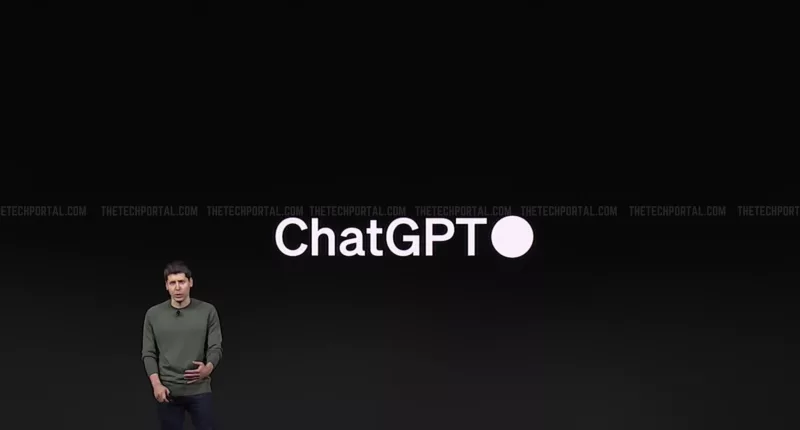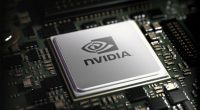OpenAI’s ChatGPT Enterprise has marked a meteoric rise in popularity within the corporate sphere, with an impressive 260 businesses embracing the service just four months after its launch, showing a strong interest in the company’s flagship product. The 260 enterprise customers currently utilising ChatGPT Enterprise collectively employ over 150,000 professionals who have registered to make the best use of the advanced capabilities offered by the corporate version of ChatGPT.
This surge in demand becomes even more compelling as OpenAI had been tight-lipped about specific customer figures for ChatGPT Enterprise until now. ChatGPT Enterprise, unveiled in August, extends beyond the capabilities of the standard ChatGPT, offering enhanced features and privacy safeguards tailored to meet the specific needs of businesses. These features include robust data encryption and a commitment from OpenAI not to utilise customer data for its technological advancements. The flexible pricing structure for ChatGPT Enterprise allows customisation based on the unique requirements of each subscribing company.
Brad Lightcap, Chief Operating Officer at OpenAI, revealed in an interview with Bloomberg that the company had initially launched ChatGPT Enterprise with a waitlist, diligently working through it to accommodate the substantial inbound interest from tens of thousands of companies. Many of these companies, categorised as “smaller” businesses by Lightcap, were keen on the ChatGPT experience but did not meet the qualifications for the enterprise product. Responding to this evident demand, OpenAI announced the introduction of a new paid ChatGPT tier tailored for smaller teams, competitively priced at $25 per user per month.
In addition to catering to the enterprise sector, OpenAI has extended its reach to engage in discussions with prominent media outlets, including CNN, Fox Corporation, and Time, to secure licensing agreements for their content. This move can be understood to be part of OpenAI’s efforts to enhance its AI products while proactively addressing allegations of copyright infringement. The negotiations encompass a comprehensive collaboration, spanning text, video, and image content.
Moreover, in a recent podcast episode featuring OpenAI CEO Sam Altman and Bill Gates, the discussion touched on the potential expansion of AI into robotics. Altman expressed OpenAI’s previous foray into robotics, stressing upon the need to master intelligence and cognition before integrating them with physical forms. Despite initial challenges, Altman revealed ongoing investments in robotics companies, hinting at OpenAI’s interest in advancing AI capabilities in conjunction with sophisticated robots.
The Tech Portal is published by Blue Box Media Private Limited. Our investors have no influence over our reporting. Read our full Ownership and Funding Disclosure →






